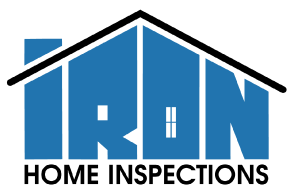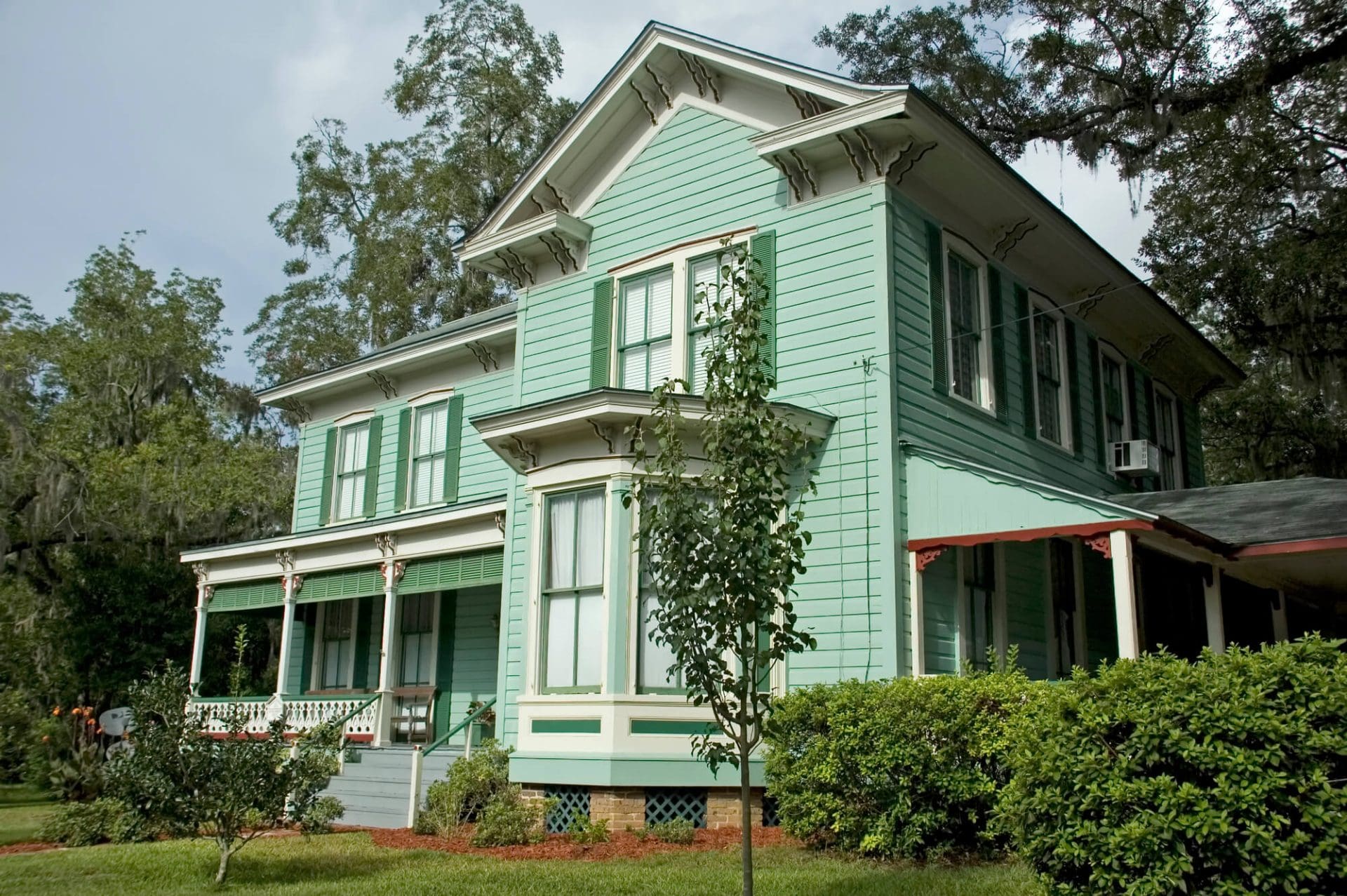Older homes possess a unique charm, evoking a sense of history and character that often stands in stark contrast to the modern constructions of today. However, behind the allure of their vintage architecture lie potential concerns that can catch unsuspecting homeowners off guard. From structural issues to outdated systems, navigating the nuances of an older home requires a keen eye and a thorough understanding of the common challenges that may arise. In this blog post, we delve into some of the most prevalent concerns in older homes, shedding light on what prospective buyers and current owners should be aware of.
1. Common Concerns in Older Homes: Outdated Electrical Wiring
One of the most pressing concerns in older homes is outdated electrical wiring. Many older properties were constructed at a time when electrical demands were far less than they are today. As a result, these homes may be equipped with inadequate wiring to support modern appliances and technology, posing a significant safety hazard. Common issues include knob-and-tube wiring, aluminum wiring, and overloaded circuits. Inspecting and updating the electrical system is crucial to mitigate the risk of electrical fires and ensure the home meets current safety standards.
2. Plumbing Problems
Another prevalent issue in older homes is outdated plumbing systems. Over time, pipes can corrode, leak, or become clogged, leading to water damage, mold growth, and compromised water quality. Additionally, older homes may have outdated fixtures and fittings that are inefficient and prone to failure. Addressing plumbing concerns may involve replacing old pipes, upgrading fixtures, and improving water pressure and drainage.
3. Structural Integrity Concerns in Older Homes
The structural integrity of an older home is a paramount concern that should not be overlooked. Over the years, settling, shifting foundations, and wear and tear can compromise the stability of the structure. Common signs of structural issues include cracks in walls, uneven floors, and sagging roofs. It is essential to enlist the expertise of a qualified inspector or structural engineer to assess the condition of the home’s foundation and framing and identify any underlying issues that may need attention.
4. Presence of Asbestos and Lead Paint
Many older homes contain materials such as asbestos and lead paint, which were commonly used in construction before their health risks were fully understood. Exposure to asbestos fibers can lead to serious respiratory conditions such as mesothelioma, while lead paint poses a significant risk, particularly to young children, causing developmental delays and neurological damage. Safely removing or encapsulating these hazardous materials is crucial to safeguarding the health of occupants and ensuring regulatory compliance.
5. Inadequate Insulation and Energy Efficiency
Older homes are often lacking in insulation and energy-efficient features, resulting in higher utility bills and reduced comfort levels. Poor insulation can lead to drafts, uneven heating and cooling, and increased energy consumption. Retrofitting older homes with modern insulation materials, sealing air leaks, and upgrading windows and doors can significantly improve energy efficiency and indoor comfort while reducing environmental impact.
While the allure of older homes may be undeniable, it is essential to approach purchasing and maintaining such properties with caution and foresight. By being aware of the common concerns outlined in this post and taking proactive measures to address them, homeowners can preserve the charm and character of their older homes while ensuring they remain safe, comfortable, and functional for years to come. Whether you’re considering purchasing an older home or already own one, investing in regular maintenance and updates is key to enjoying the unique beauty and timeless appeal of these architectural treasures.
Frequently Asked Questions About Buying an Older Home
Should I consult with a real estate agent specializing in older homes?
Working with a real estate agent experienced with homes can be beneficial. They can provide valuable insights into local housing markets, historical neighborhoods, and potential renovation opportunities. Additionally, they will assist with negotiating the purchase price and navigating any unique challenges associated with older properties.
Are there any specific legal considerations when buying an older home?
Depending on the age of the home and local regulations, there might be historical preservation restrictions, zoning laws, or conservation easements to consider. Research these factors and understand the limitations they imply.
How can I research the history of an older home before purchasing?
Researching the history of an older home can provide valuable insights into its architectural style, previous owners, and any significant renovations or additions. Resources such as local historical societies, archives, property records, and online databases can help uncover information about the home’s past. Additionally, consider talking to neighbors or longtime residents who may have knowledge about the property’s history.
Are there any tax incentives or credits available for owning an older home?
Some municipalities or historic districts offer tax incentives or credits for owners of older homes who undertake restoration or preservation projects. Research local tax laws and historic preservation programs to determine if any financial incentives are available for your property
Iron Home Inspections offers professional inspection services for customers in Wayne and Oakland counties. Contact us to schedule an appointment.

